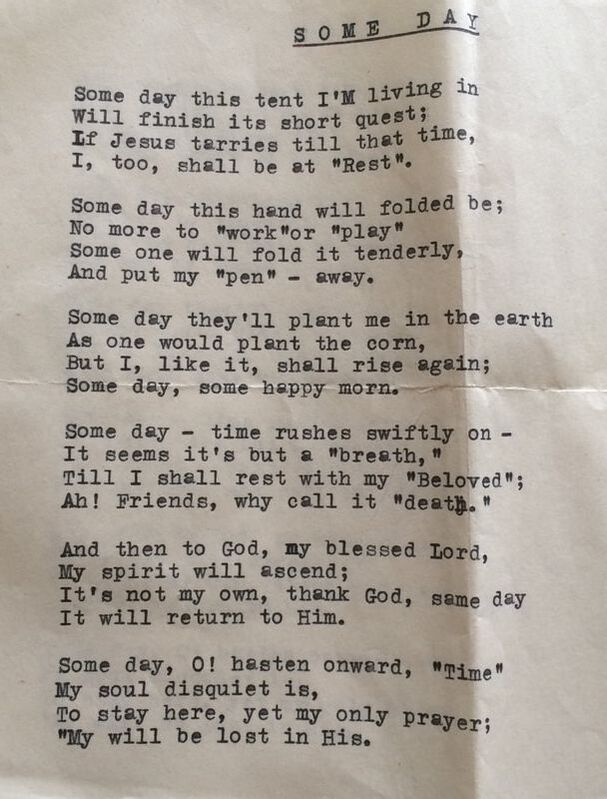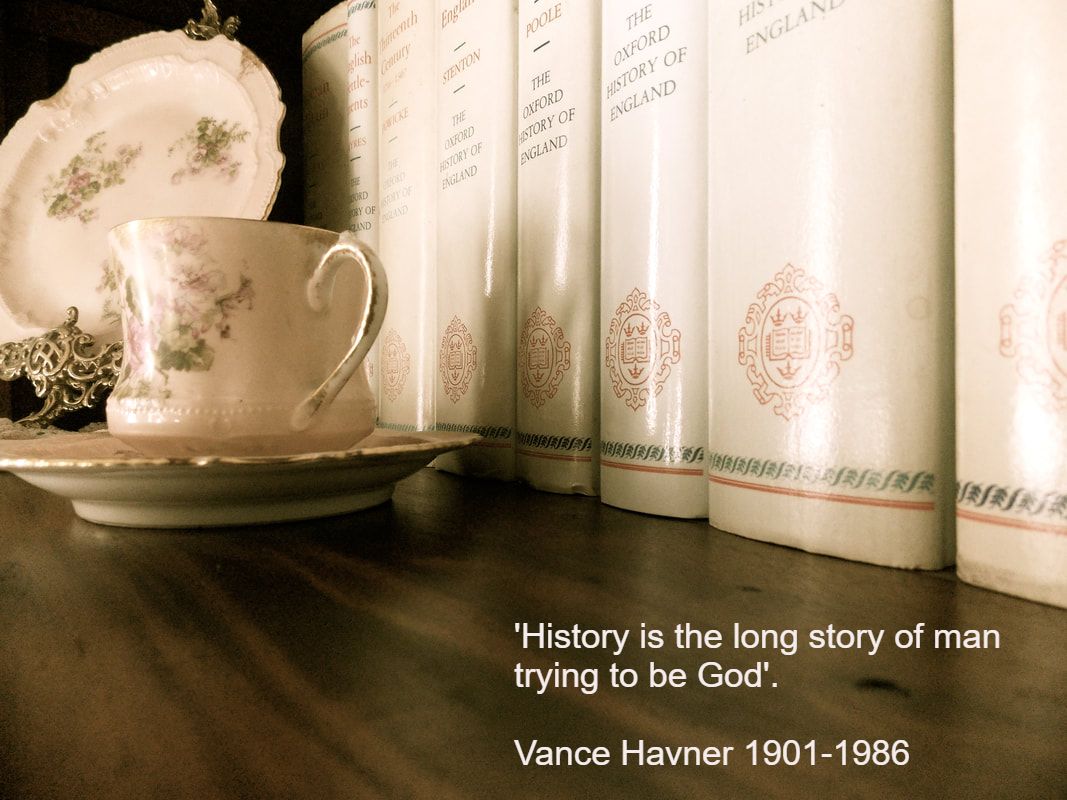- Home
-
Gospel Words
- A Deadly Deed
- Saving a President
- The Death Zone
- An Anchor of the Soul
- Afraid Twice
- Two Ways
- Withering Grass & Fading Flowers
- A Spider's Web
- The Voice of the Son of God
- Forgiven!
- The Full Assurance of Hope
- A Sinner's Prayer
- A Present & Personal Saviour
- The Great Supper
- Judgment is Coming
- A Closed Heart
- "Iceberg Right Ahead!"
- The Lamb of God
- Truth & Certainty
- 'Then the King Will Say'
- The Testimony of the Chief of Sinners
- The Testimony of the Lord's Prisoner
- The Power of Christ
- The Good Shepherd
- 'Wonderful Words of Life'
- Finding Wisdom
- The Unchanging Person of Jesus Christ
-
Bible Answers
- Remembering Our Creator
- Was the Cross Necessary?
- What is God Like?
- Does the Resurrection Matter?
- What's in a Name?
- Why Must We be Saved?
- "Who Art Thou, Lord?"
- "The Unknown God" - Just Who is He?
- "What is Truth?"
- "Holy, Holy, Holy"
- Knowing God
- A Conversion Story
- The Gospel according to Jonah
- "Jesus of Nazareth, a Man Approved of God"
- The Saviour of the World
- A Chosen Vessel
- Who is Jesus?
- God's Mercy & Judgment
- Does What I Think about the Son of God Matter?
- 'How Shall we Escape if we Neglect so Great Salvation'?
- What is Life Really All About?
- The Rock of Ages
- Easter Messages >
- Christmas Messages >
- Timeless Truths
-
Expository Messages
- Topical Messages >
- Psalms >
- Minor Prophets - Study Notes by Gary Woods >
-
The Lord's Upper Room Ministry
>
- John 13:1-3 - The Omniscient Christ
- John 13:4-17 - The Foot Washing Ministry of the Perfect Servant
- John 13:18-38 - The Son of Man Glorified
- John 14:1-3 - The Father's House P1
- John 14:4-7 - The Father's House P2
- John 14:8-14 - The Father's Visibility
- John 14:15-26 - The Father's Gift
- John 14:27-31 - The Father's Primacy
- John 17 - The Lord's Intercessory Prayer
- Excursus: The Passover & the Last Supper
-
Romans
>
- Romans - An Introduction
- Romans - An Outline
- Romans 1:1-7 - Paul's Salutation
- Romans 1:8-17 - Visiting Rome & Gospel Debt
- Romans 1:18-32 - Wrath Revealed & Why
- Romans 2 - An Introduction to a Difficult Chapter
- Romans 2:1-5 - The Hypocrisy of the Self-righteous P1
- Romans 2:6-11 - The Hypocrisy of the Self-righteous P2
- Romans 2:12-16 - The Hypocrisy of the Self-righteous P3
- Romans 2:17-29 - The Guilt of the Self-confident
- Romans 3:1-20 - 'All the World Guilty'
- Romans 3:21-24 - The Heart of the Gospel P1
- Romans 3:25a - The Heart of the Gospel P2
- Romans 3:25b-31 - The Heart of the Gospel P3
- Romans 7 - An Introduction
- Romans 7 - A New Relationship vs 1-6
- Romans 7:7-25 - 'Plotting the Course'
- Romans 7:7-13 - The Power & Deceitful Character of Sin Exposed by the Law
- Romans 7:14-25 - The Power & Debilitating Effect of Sin Demonstrated by the Law
- 1 Corinthians >
- Booklets
Lough Fea Cookstown, Northern Ireland
Creed by Steve Turner |
‘He Led Captivity Captive’
‘It is a glorious phrase of the New Testament, that ‘he led captivity captive'. The very triumphs of His foes, it means, he used for their defeat. He compelled their dark achievements to subserve his end, not theirs. They nailed him to the tree, not knowing that by that very act they were bringing the world to his feet. They gave him a cross, not guessing that he would make it a throne. They flung him outside the gates to die, not knowing that in that very moment they were lifting up all the gates of the universe, to let the King of Glory come in. They thought to root out his doctrines, not understanding that they were implanting imperishably in the hearts of men the very name they intended to destroy. They thought they had defeated God with His back the wall, pinned and helpless and defeated: they did not know that it was God Himself who had tracked them down. He did not conquer in spite of the dark mystery of evil. He conquered through it. He led captivity captive'. The Strong Name, James Stewart (1896-1990) |
|
'Like the Present Period’
It was the best of times, it was the worst of times, it was the age of wisdom, it was the age of foolishness, it was the epoch of belief, it was the epoch of incredulity, it was the season of Light, it was the season of Darkness, it was the spring of hope, it was the winter of despair, we had everything before us, we had nothing before us, we were all going direct to heaven, we were all going direct the other way - in short, the period was so far like the present period, that some of its noisiest authorities insisted on its being received, for good or for evil, in the superlative degree of comparison only. The Tale of Two Cities, Charles Dickens (1812-1870) 'The dimensions of evil are established by the dimensions of God; the ugliness of evil is established by the beauty of God; the filth of evil is established by the purity of God; the selfishness of evil is established by the love of God'. 'But let judgment run down as waters, and righteousness as a mighty stream'. 'Sin is a serious business to God, and it becomes serious business to us when we reflect upon the fact that every sin, regardless of how seemingly insignificant it appears to us, is an expression of contempt towards the sovereign authority of God'. |
Napoleon Bonaparte (1769-1821)
The following extract is from chapter XV of a book entitled, Our Christian Heritage by James Cardinal Gibbons (1834-1921). Chapter XV bears the title – ‘The Divinity of Jesus Christ, Attested by Himself and His Disciples’. ‘Even infidels are unanimous in extolling the moral perfections of Christ. But on due reflection they will find their position untenable, and will be compelled to the alternative of confessing His divinity, or of acknowledging that He was not even an honest man. His words evidently left the impression on the minds of the multitude that He claimed to be God. He was conscious of this impression, yet He said naught to remove it. On the contrary he accepted the homage of their adoration. If Christ therefore were not a divine Being, He would be guilty of an unpardonable assumption and impiety in usurping divine honors. He would be an untruthful man, nay an arch-hypocrite and imposter; or at least he would be an extravagant, self-deluded enthusiast, a character never ascribed to Him by His most relentless opponents. There is no middle ground to stand upon. We must either deny His moral excellence or declare His divinity. The first Napoleon was not a theologian; but he was a great man, and a profound observer, whose vast experience had enabled him to judge what forces were necessary to produce lasting effect on mankind. When chained to the rock of St Helena, he had ample leisure to measure the greatness of men and to estimate them according to their true value. One day in conversation with Montholon, he put this question to him: “Who was Jesus Christ?” Montholon having declined to answer, Napoleon proceeded: “I will tell you. Alexander, Caesar, Charlemagne, and myself have founded great empires. But our empires were founded on force. Jesus alone founded His empire on love, and to this day millions would die for Him. I think I understand something of human nature, and I tell you, all these were men, and I am a man. Jesus Christ was more than man. I have inspired multitudes with a devotion so enthusiastic they would have died for me. But to do this it was necessary that I should be visibly present with the electric influence of my looks, my words, my voice. Who cares for me now removed as I am from the active scenes of life, and from the presence of men? Who would now die for me? Christ alone across the chasm of eighteen centuries makes a demand which is beyond all others difficult to satisfy. He asks more than a father can demand of his child, or a bride of her spouse, or a man of his brother. He asks for the human heart. He will have it entirely to Himself. He demands it unconditionally, and forthwith His demand is granted. Wonderful! In defiance of time and space, the soul of man with all its powers and faculties becomes an annexation to the empire of Christ. This phenomenon is unaccountable; it is altogether beyond the scope of man’s creative powers. Time, the great destroyer, is powerless to extinguish this sacred flame. This is what strikes me most. This is what proves to me quite convincingly that Jesus Christ is God”.’ |
The Burial of Moses |
Amid the noblest of the land |
|
The Significance of every Person.
What, according to the Bible, gives each person significance and uniqueness in the sight of God? The answer takes us back to the distinctiveness of human creation as opposed to everything else God made and all other creatures to whom He gave life. We read in the Creation account that ‘God said, “Let Us make man in Our image, according to Our likeness; let them have dominion over the fish of the sea, over the birds of the air, and over the cattle, over all the earth and over every creeping thing that creeps on the earth.” So God created man in His own image; in the image of God He created him; male and female He created them’ – Gen 1:26-27. Humans, male and female, were together made in God’s image. In other words, in their persons they were created to reflect, reveal and represent God in a way that no other creature was. Humans were given spiritual, moral and emotional awareness. They were created with intelligence and understanding far beyond every other creature and thus were given the privilege and responsibility of rule over everything else. The entrance of sin and the fall of man certainly defaced the reflection of the divine image in man and marred its purpose. Instead of relationship with God and living for His glory, sin brought alienation and selfishness. Still, while humans may too often behave like animals they were not reduced to being such. Moral responsibility and spiritual fulfillment remain and are absolutely part of what and who we are. This is why God spoke these words to Noah and his sons after the Flood that destroyed the world: “Surely for your lifeblood I will demand a reckoning; from the hand of every beast I will require it, and from the hand of man. From the hand of every man’s brother I will require the life of man. Whoever sheds man’s blood, By man his blood shall be shed; For in the image of God He made man.” Gen 9:5-6. Thus, according to God, life is sacred and every individual of infinite worth, a worth that is measured and understood by the reflection of God’s image in us. The whole purpose of the gospel is to restore by redemption the beauty of that image, but in an even higher and greater way. God has purposed and predestined that every believer will be ‘conformed to the image of His Son, that He might be the firstborn among many brethren’ – Rom 8:29. |
The Significance of each Believer
Probably at some time or another most believers have wondered about the significance of their lives for God. We often measure ourselves and others us by the things we do, the status we have or the accomplishments we achieve. Christians are not exempt from assessing things or people in terms of success or failure. However, we need to remember that the most important thing in every believer’s life is Christ likeness. God’s ultimate goal for us is to be ‘conformed to the image of his Son that he might be the firstborn among many brethren’ – Rom 8:29. It has often been stated that positional sanctification is the work of a moment, practical sanctification the work of a lifetime. The process of the latter is God’s ongoing work in us and the outcome He has guaranteed – Rom 8:28-30. Therefore it ought to encourage us knowing that our significance before our Father is not determined by our status among other believers or by success in whatever we do or even by the service to which He has called us, but by our identity in Christ and our likeness to Him. We have been saved for His glory. The more we understand this, the more we will desire to be like our Lord and the more we will value each believer for who they are in Christ. 'But they that wait upon the LORD shall renew their strength; They shall mount up with wings as eagles; They shall run, and not be weary; And they shall walk, and not faint'. |
‘They shall not hunger nor thirst;
Neither shall the heat nor sun smite them:
For He that hath mercy on them shall lead them,
Even by the springs of water shall He guide them’.
Isaiah 49:10 (KJV)
Answers About God. Copyright © 2020, Aaron Colgan
All scripture quotations, unless otherwise indicated, are taken from
the New King James Version®. Copyright © 1982 by Thomas Nelson,
Inc. Used by permission. All rights reserved.
the New King James Version®. Copyright © 1982 by Thomas Nelson,
Inc. Used by permission. All rights reserved.
- Home
-
Gospel Words
- A Deadly Deed
- Saving a President
- The Death Zone
- An Anchor of the Soul
- Afraid Twice
- Two Ways
- Withering Grass & Fading Flowers
- A Spider's Web
- The Voice of the Son of God
- Forgiven!
- The Full Assurance of Hope
- A Sinner's Prayer
- A Present & Personal Saviour
- The Great Supper
- Judgment is Coming
- A Closed Heart
- "Iceberg Right Ahead!"
- The Lamb of God
- Truth & Certainty
- 'Then the King Will Say'
- The Testimony of the Chief of Sinners
- The Testimony of the Lord's Prisoner
- The Power of Christ
- The Good Shepherd
- 'Wonderful Words of Life'
- Finding Wisdom
- The Unchanging Person of Jesus Christ
-
Bible Answers
- Remembering Our Creator
- Was the Cross Necessary?
- What is God Like?
- Does the Resurrection Matter?
- What's in a Name?
- Why Must We be Saved?
- "Who Art Thou, Lord?"
- "The Unknown God" - Just Who is He?
- "What is Truth?"
- "Holy, Holy, Holy"
- Knowing God
- A Conversion Story
- The Gospel according to Jonah
- "Jesus of Nazareth, a Man Approved of God"
- The Saviour of the World
- A Chosen Vessel
- Who is Jesus?
- God's Mercy & Judgment
- Does What I Think about the Son of God Matter?
- 'How Shall we Escape if we Neglect so Great Salvation'?
- What is Life Really All About?
- The Rock of Ages
- Easter Messages >
- Christmas Messages >
- Timeless Truths
-
Expository Messages
- Topical Messages >
- Psalms >
- Minor Prophets - Study Notes by Gary Woods >
-
The Lord's Upper Room Ministry
>
- John 13:1-3 - The Omniscient Christ
- John 13:4-17 - The Foot Washing Ministry of the Perfect Servant
- John 13:18-38 - The Son of Man Glorified
- John 14:1-3 - The Father's House P1
- John 14:4-7 - The Father's House P2
- John 14:8-14 - The Father's Visibility
- John 14:15-26 - The Father's Gift
- John 14:27-31 - The Father's Primacy
- John 17 - The Lord's Intercessory Prayer
- Excursus: The Passover & the Last Supper
-
Romans
>
- Romans - An Introduction
- Romans - An Outline
- Romans 1:1-7 - Paul's Salutation
- Romans 1:8-17 - Visiting Rome & Gospel Debt
- Romans 1:18-32 - Wrath Revealed & Why
- Romans 2 - An Introduction to a Difficult Chapter
- Romans 2:1-5 - The Hypocrisy of the Self-righteous P1
- Romans 2:6-11 - The Hypocrisy of the Self-righteous P2
- Romans 2:12-16 - The Hypocrisy of the Self-righteous P3
- Romans 2:17-29 - The Guilt of the Self-confident
- Romans 3:1-20 - 'All the World Guilty'
- Romans 3:21-24 - The Heart of the Gospel P1
- Romans 3:25a - The Heart of the Gospel P2
- Romans 3:25b-31 - The Heart of the Gospel P3
- Romans 7 - An Introduction
- Romans 7 - A New Relationship vs 1-6
- Romans 7:7-25 - 'Plotting the Course'
- Romans 7:7-13 - The Power & Deceitful Character of Sin Exposed by the Law
- Romans 7:14-25 - The Power & Debilitating Effect of Sin Demonstrated by the Law
- 1 Corinthians >
- Booklets




